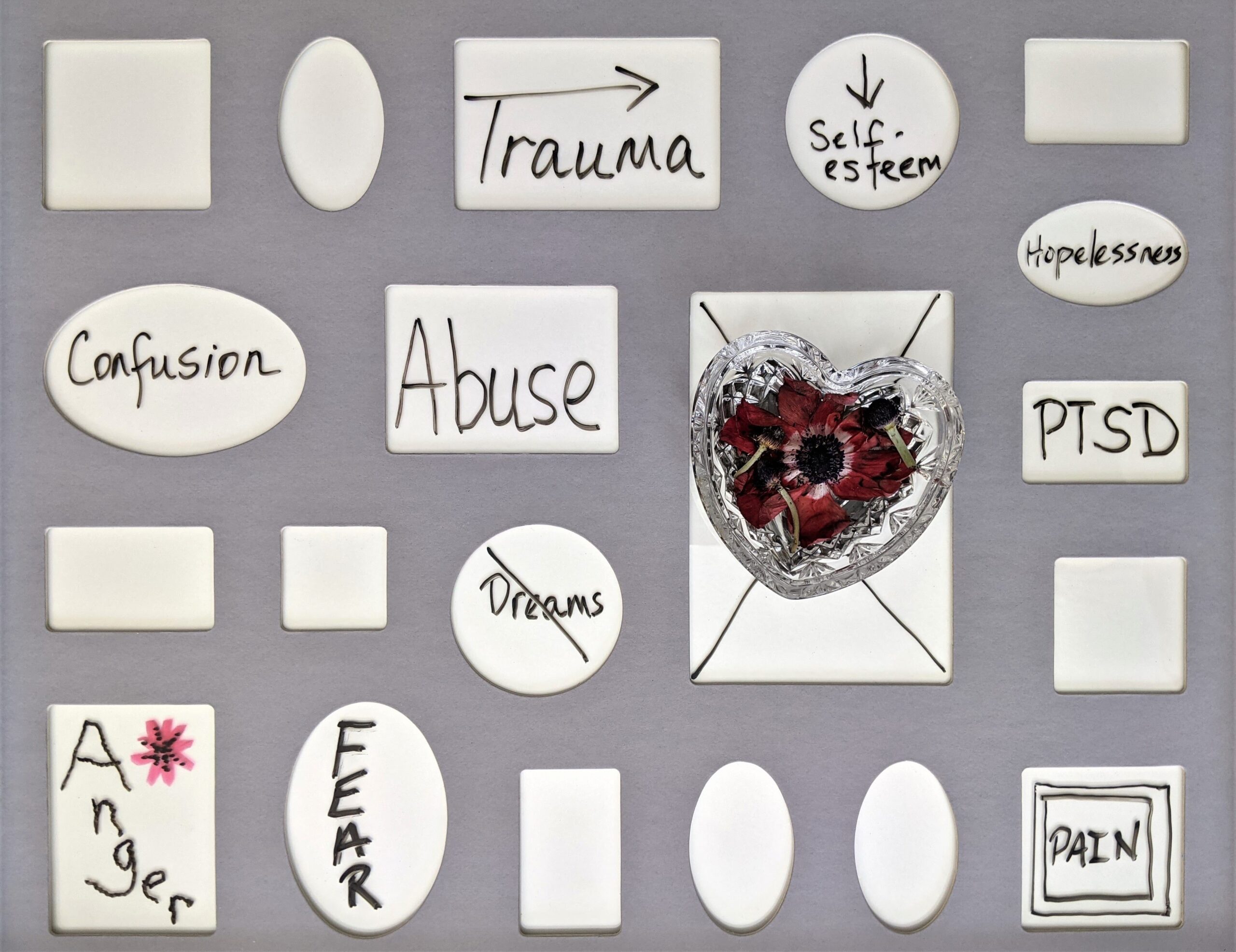The Secret to Managing Your Emotional Triggers
Are you sometimes surprised by your emotions? You suddenly feel very sad or angry, even when part of you knows it’s out of proportion to what’s going on at the moment. If so, you could be experiencing an emotional trigger. Below we discuss the secret to managing your emotional triggers.
![]()
That’s the psychological term for when your reaction has more to do with your past than the present situation. In the most serious cases, triggers can be related to post traumatic stress disorder. To a lesser extent, they’re also a routine part of life for most adults.
![]()
For example, you may like your job and enjoy working with your boss. Then, one day you want to quit because she looked in your desk drawer without asking first. When you examine your response more closely, you remember how you felt when your parents or your spouse violated your privacy in similar ways.
![]()
Healing your sore spots will help you to be happier and more successful. Try these strategies for dealing with emotional triggers.
![]()
Short Term Strategies for Dealing with Emotional Triggers
![]()
While triggers are commonplace, they can still wreak havoc. You want to avoid outbursts that could derail your career or relationships you care about.
![]()
Use these strategies:
![]()
- Slow down. Resist the impulse to react immediately. Give yourself time to think things through. Count to ten or take a walk around the block.
- Breathe deeply. The way you breathe can help you soothe yourself and clarify your thinking. Inhale through your nostrils rather than your mouth. Lengthen your exhalations in order to relax.
- Distract yourself. If you’re still overwhelmed, you may want to think about something else until you’re in a safe place. Repeat positive affirmations or plan what you’re going to make for dinner.
- Communicate directly. Be assertive. Advocate for your needs and enforce your boundaries. Show others the same consideration you want for yourself.
- Rehearse your response. If your triggers are predictable, you can practice what to do in a neutral setting. Look in a mirror or write out what you want to say.
- Set limits. Treat yourself with patience and compassion. You may need to avoid some situations while you’re working your way up to navigating them.
Longer Term Strategies for Dealing with Emotional Triggers
![]()
Managing triggers is important, but you need to dig deeper. Addressing the root causes will help you to enjoy greater peace of mind.
![]()
Try these techniques:
![]()
- Take time for daily reflection. Increasing your self-awareness is key. Sit down and observe your thoughts without making judgements. Try journaling.
- Accept your feelings. Acknowledge difficult emotions without blaming yourself or trying to suppress them. Stay connected with how you’re feeling throughout the day.
- Tolerate uncertainty. Triggers often involve feeling helpless. Face the reality that some things are beyond your control and devote your energy to the areas in your life where you can make positive changes.
- Seek support. When you’re ready, talk about your triggers with someone you trust. Let your family and friends know how they can help you. Developing close relationships also gives you a sense of security that can make triggers less intense.
- Show respect. Describing someone as being triggered is sometimes an insult used to dismiss their experiences. Validating others creates a healthier environment for each of us.
- Consider counselling. For more assistance, you may want to speak with a mental health professional. Therapy can give you greater insights into your behavior and teach you valuable coping skills. Ask your doctor for a referral or contact organizations like the American Psychological Association.
![]()
Triggers are stubborn things, but you can develop the skills to manage them. Empower yourself by taking care of your emotional health.






























